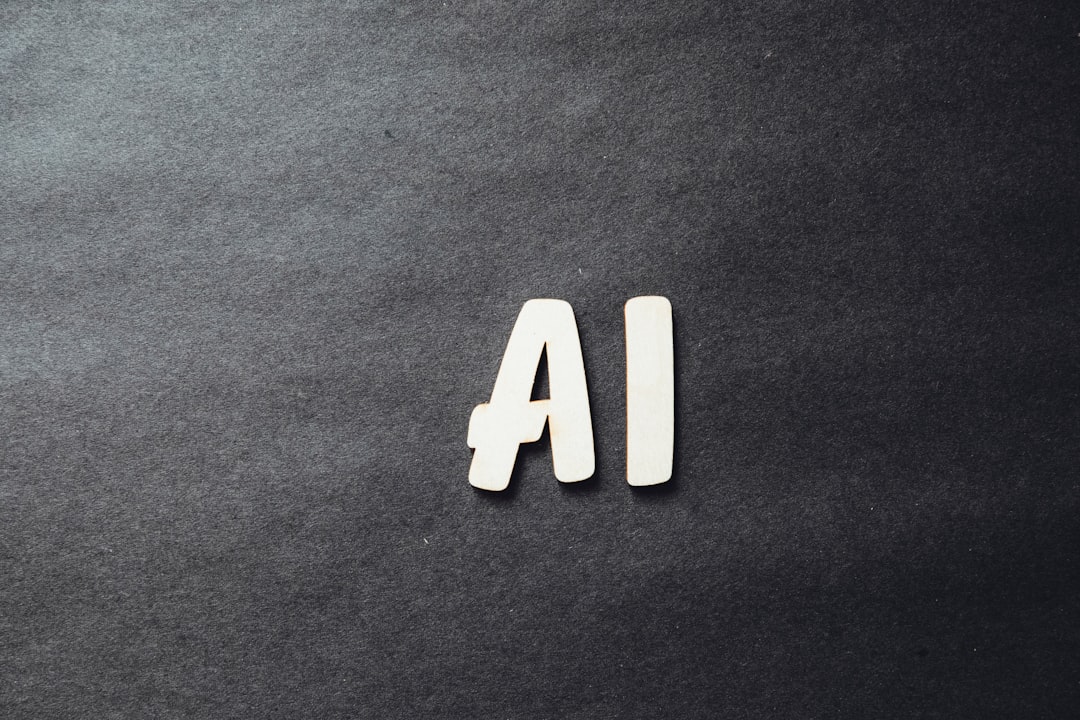Certainly! Here’s an informative article on a high-value content topic: The Role of Artificial Intelligence in Modern Healthcare. Tables are included for clarity.
The Role of Artificial Intelligence in Modern Healthcare
Introduction
Artificial intelligence (AI) is rapidly transforming the healthcare landscape. By leveraging machine learning, natural language processing, and other AI-powered tools, medical professionals and organizations are making enormous strides in diagnostic accuracy, patient care, cost savings, and personalized medicine. This article explores the multifaceted impact of AI in healthcare, the challenges faced, and what the future holds for machine-driven medicine.
Key Applications of AI in Healthcare
AI technologies are influencing almost every aspect of healthcare. The following table summarizes the major applications:
| AI Application | Description | Examples |
| Diagnostics | Automating analysis of medical images and data to identify diseases. | Radiology (X-rays, CT scans), pathology reports |
| Predictive Analytics | Forecasting patient outcomes and disease progression using historical and real-time data. | Population health, ICU monitoring |
| Drug Discovery & Development | Accelerating the process of finding and optimizing new drugs. | Molecule screening, clinical trial optimization |
| Virtual Health Assistants | Providing medical information and reminders through chatbots or virtual agents. | Symptom checkers, medication adherence reminders |
| Personalized Medicine | Tailoring treatments to individual genetic and lifestyle profiles. | Oncology, pharmacogenomics |
| Administrative Workflow Automation | Streamlining scheduling, billing, and records management. | Appointment booking, claims processing |
AI in Diagnostics
Diagnostic accuracy is critical to effective treatment. AI-powered tools can analyze images and patient data at scale and sometimes reach or surpass human performance.
Case Example: AI in Radiology
- Deep Learning Algorithms: These can detect anomalies in imaging (e.g., tumors, fractures) much faster and with fewer errors than manual observation.
- Pathology: AI systems analyze slides to spot malignant cells in blood or tissue samples, leading to earlier and more accurate detection.
Table: Comparative Diagnostic Accuracy (Human Vs. AI)
| Modality | Human Expert Accuracy (%) | AI System Accuracy (%) |
| Chest X-Ray | 85–90 | 92–95 |
| Skin Lesions | 77–85 | 90–94 |
| Diabetic Retinopathy | 82–89 | 90–93 |
Source: Various peer-reviewed studies, 2023
Predictive Analytics & Early Intervention
AI models can integrate diverse data—from electronic health records (EHRs), laboratory results, genetics, and even wearable devices—to predict which patients are at higher risk for complications.
Benefits include:
- Early intervention for sepsis in ICU
- Reducing hospital readmission rates
- Personalized disease management plans
AI in Drug Discovery
Traditionally, developing a new drug can take over a decade and cost billions. AI is revolutionizing this by:
- Screening molecular structures for potential drug candidates
- Predicting effectiveness and toxicity of drugs
- Identifying population segments for clinical trials
Table: Time & Cost Savings With AI in Drug Discovery
| Parameter | Traditional Approach | AI-Powered Approach |
| Discovery Time | 4–6 years | 1–2 years |
| Average Cost | $500–800 million | $100–200 million |
Virtual Health Assistants
AI chatbots and voice assistants are increasingly being used to:
- Triage patient symptoms
- Provide medication reminders
- Answer health-related questions 24/7
Result: Improved patient engagement, reduced healthcare burden, and timely support outside clinical hours.
Challenges & Ethical Considerations
While AI holds immense promise, several hurdles remain:
- Data Privacy: Patient data must be kept confidential and secure.
- Bias: Incomplete or biased training data can lead to inaccurate recommendations.
- Regulation: Governments and health agencies are still formulating frameworks to ensure safety and efficacy.
- Human Oversight: AI should augment—not replace—clinical judgment.
The Future of AI in Healthcare
AI will continue to disrupt and redefine healthcare. Some expected trends include:
- Enhanced interoperability between AI platforms and EHRs
- AI-driven telemedicine for rural and underserved populations
- Use of AI in genomics for next-generation personalized therapies
- Greater patient empowerment through AI-enabled self-monitoring
Conclusion
Artificial intelligence is poised to deliver higher quality, more accessible, and cost-efficient healthcare. From diagnosis and drug discovery to patient engagement and administrative efficiency, AI’s footprint is expanding. However, ethical, regulatory, and practical challenges must be addressed to ensure AI improves health outcomes for all.
By embracing AI thoughtfully, healthcare can become more precise, proactive, and patient-centered than ever before.
